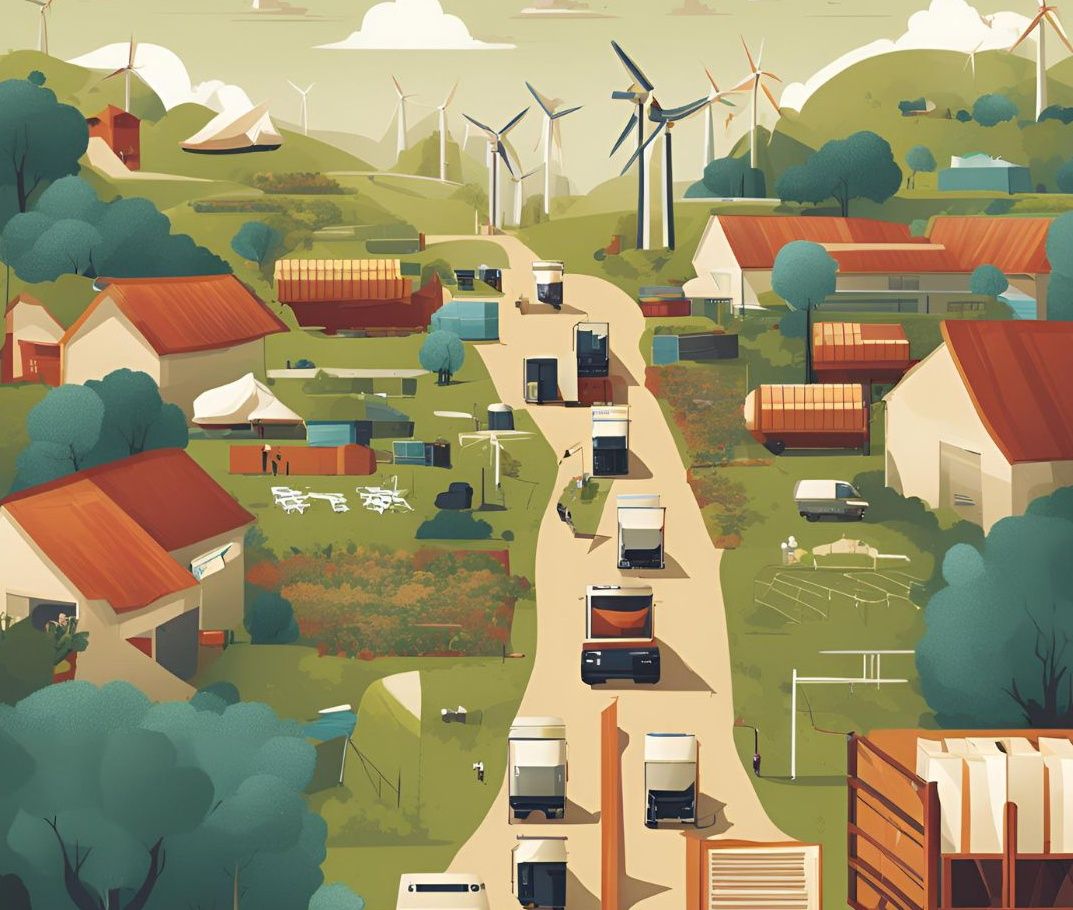
Supply Chain Sustainability is Smart Business
In today's competitive landscape, sustainability is no longer just an ethical or environmental goal; it has become a truly smart business strategy. Companies that adopt sustainable practices throughout their supply chains not only improve their environmental impact but also gain significant economic and operational advantages. Investing in a sustainable supply chain means reducing waste, optimizing resource use, and building a more responsible corporate image that attracts increasingly eco-conscious customers.
The Green Supply Chain: Benefits and Opportunities
A sustainable supply chain aims to reduce environmental impact across all stages of a product's lifecycle, from production to transportation, distribution, and disposal. This involves adopting renewable energy sources, using recycled materials, and implementing energy-efficient transportation practices. But the benefits don't stop there. Sustainability can lead to:
Reduced operational costs:
Energy efficiency, waste reduction, and the use of smart technologies can lower overall costs.
Increased competitiveness:
Sustainable companies can differentiate themselves in the market, gaining the preference of customers and investors who are increasingly concerned about the environment.
Supply Chain resilience:
Adopting local and renewable energy sources, along with strategies to reduce the ecological footprint, can reduce dependence on global suppliers vulnerable to climate and geopolitical crises.
Regulatory compliance:
Environmental regulations are becoming increasingly stringent. Having a sustainable supply chain ensures compliance with new laws and rules, avoiding costly fines.
Technology as an enabler of sustainability
A sustainable business in the supply chain relies on advanced technologies. From using artificial intelligence to optimize delivery routes, to blockchain for tracing the origin of raw materials, and robotics to automate logistics operations while reducing energy consumption, technology is the key factor.
For example, some companies use big data platforms to monitor CO2 emissions in real-time during transportation, identifying critical areas for improvement. Others leverage the Internet of Things (IoT) to optimize energy consumption in warehouses, making their facilities more efficient and sustainable.
The impact on corporate reputation
More and more consumers are assessing a company's environmental commitment before purchasing their products or services. Adopting a green strategy not only strengthens the brand but also increases customer loyalty and attracts new market segments.
Companies that integrate sustainability into their daily operations not only contribute to a greener future but also position themselves at the forefront of a rapidly evolving market where environmental awareness is becoming an increasingly decisive criterion for success.




